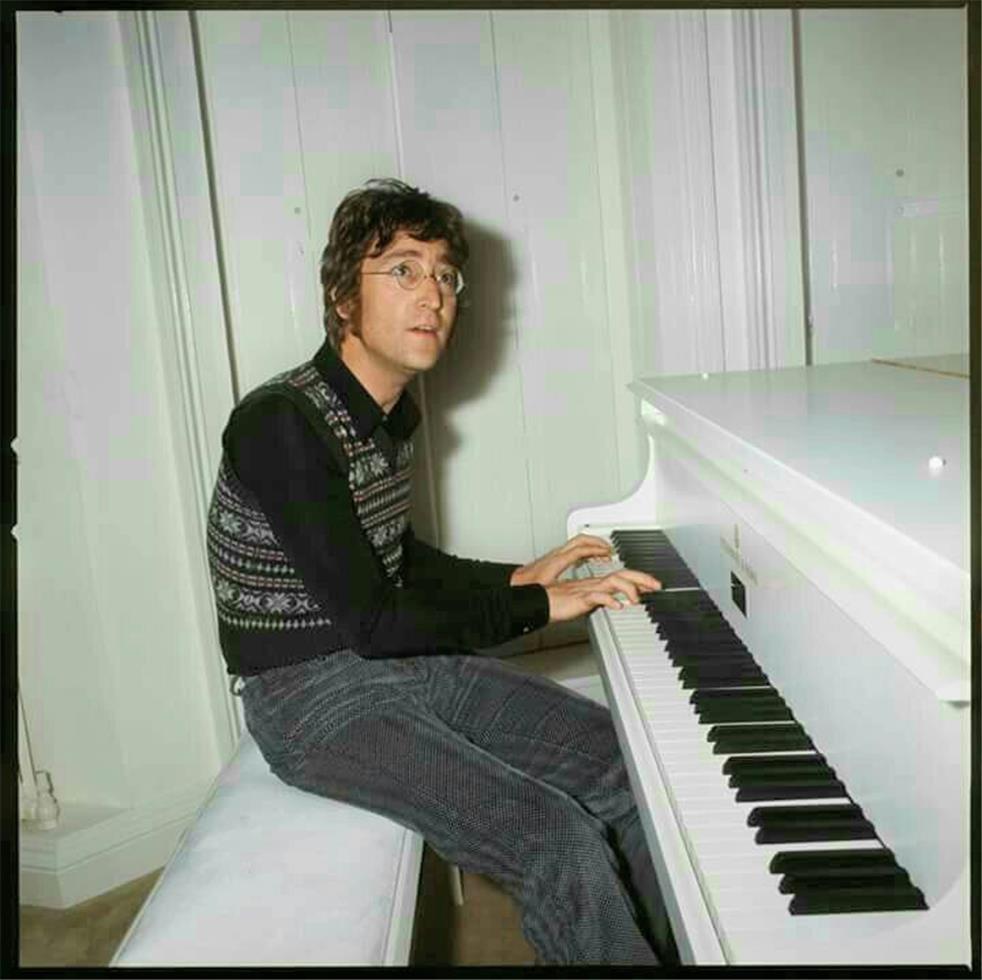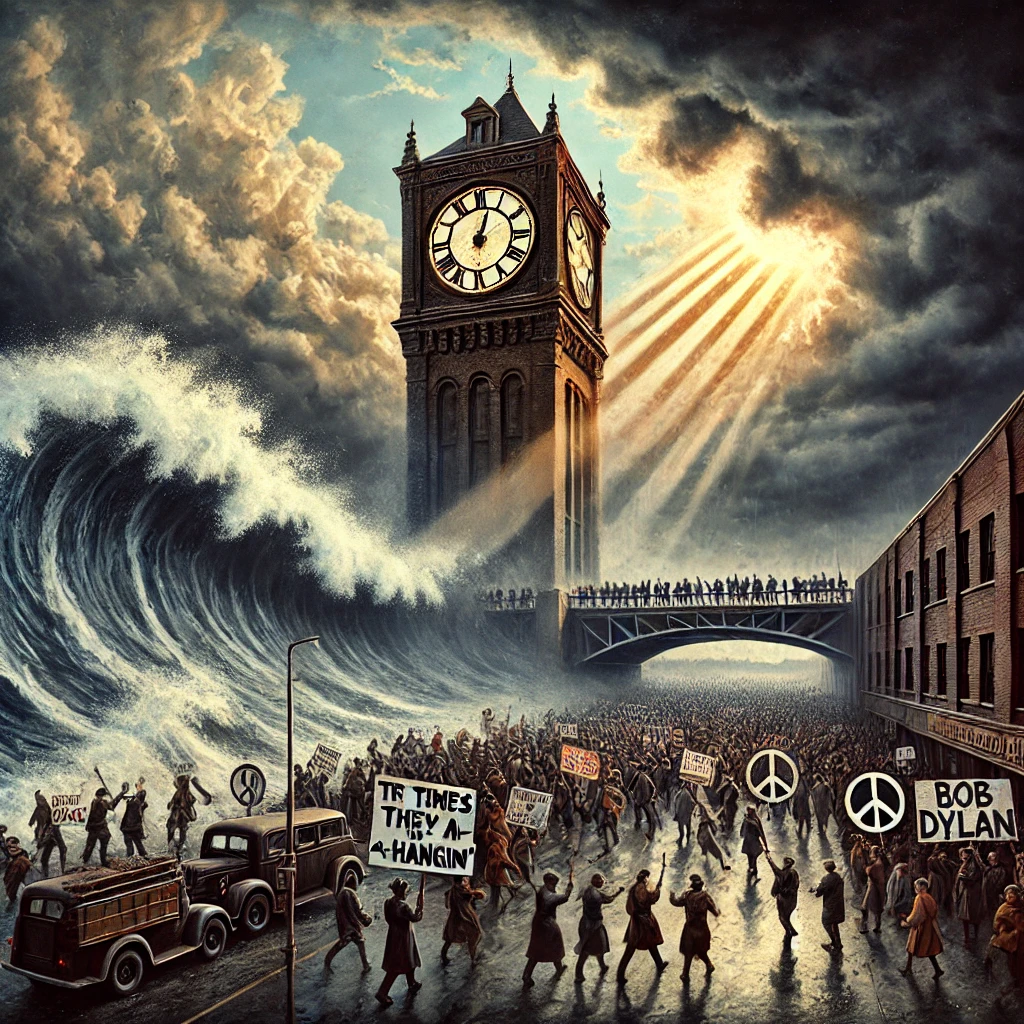John Lennon’s “Imagine” is more than just a song—it’s a powerful call to envision a better world. With its soft melody and simple lyrics, Lennon offers a utopian vision that questions societal structures, challenging listeners to break free from divisions. Through each verse, the song continues to inspire hope and peace across generations. But what does each verse truly mean?

Song Meaning Analysis
“Imagine” begins with the line, “Imagine there’s no heaven, it’s easy if you try.” This is more than just a rejection of religion—it’s an invitation to envision a world beyond the constraints of dogma, free from divisions that religion often imposes. Lennon’s provocative opening reflects his stance on religion, something he had been criticized for earlier in his career, particularly after his famous “more popular than Jesus” remark. By challenging the afterlife, Lennon asks us to focus on the present, suggesting that living for today is key to a peaceful existence.
The next verse moves to nationalism, “Imagine there’s no countries”, a plea to erase the political borders that divide humanity. This line emerged in the context of Lennon and Yoko Ono’s activism, which included peace protests and demonstrations like their famous “Bed-ins.” The couple was striving to break down societal and political boundaries, which Lennon saw as barriers to global unity.
Finally, Lennon tackles materialism, stating “Imagine no possessions”. In a world where consumerism reigns, this call for the rejection of material wealth was radical, yet tied to Lennon’s broader anti-capitalist views. It reflects his belief that greed and hunger stem from the prioritization of wealth over human connection. The song ultimately envisions a world where humanity shares resources and lives in harmony, free from economic disparity.
Historical Context
“Imagine” was written during a period of personal transformation for Lennon and his wife, Yoko Ono. The couple had been involved in various peace efforts, including their 1969 “Bed-in for Peace.” Ono’s influence on the song is undeniable; her 1964 book *Grapefruit* provided much of the lyrical inspiration, particularly in its poetic vision of a unified world. Moreover, Lennon drew inspiration from a Christian prayer book given to him by activist Dick Gregory. These influences, combined with the social and political turbulence of the 1960s and ’70s, resulted in a song that captured the yearning for peace during the Vietnam War.
Key Themes and Symbolism
The song’s key themes revolve around peace, unity, and anti-materialism. Lennon uses metaphors like “no heaven” and “no countries” to symbolize freedom from societal control and ideological divisions. By asking us to imagine a world without these constructs, he invites the listener to rethink deeply ingrained systems—religious, political, and economic—that often lead to conflict. The repeated phrase, “you may say I’m a dreamer”, acts as a self-aware acknowledgment of the utopian nature of his vision, while urging listeners to adopt this optimistic outlook.
Cultural Impact
Since its release in 1971, “Imagine” has become an anthem for peace movements worldwide. The song has been covered by over 200 artists, including Stevie Wonder, Madonna, and Lady Gaga, and continues to resonate during global crises and social movements.. It reached number 1 in the UK charts after Lennon’s tragic death in 1980 and re-entered the charts in 2012, proving its timeless relevance. Despite some controversy over its anti-religious sentiment, its message of unity and peace has cemented it as one of the most influential songs of all time.
Critical Reception and Legacy
“Imagine” received widespread acclaim and is frequently cited as one of the greatest songs ever written. It became Lennon’s best-selling solo single, reaching number three on the US Billboard Hot 100. The song’s legacy continues to endure, used in events like the 2012 Summer Olympics and New Year’s Eve celebrations in Times Square. Its simple yet radical message still inspires new generations to dream of a better world.



